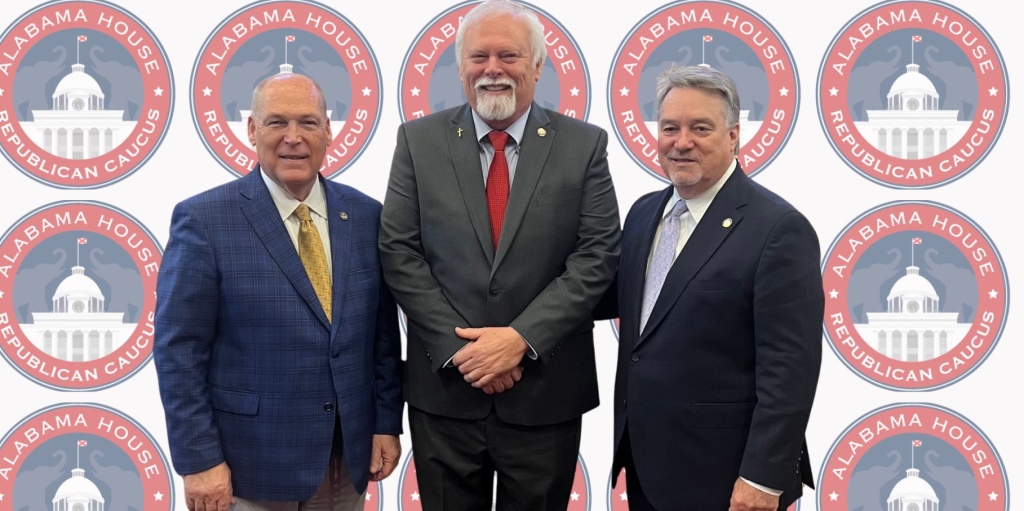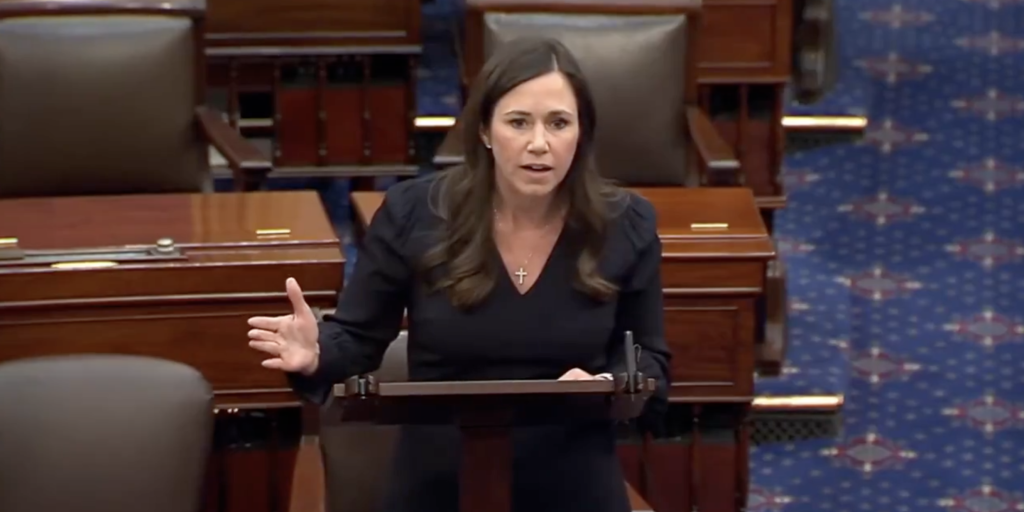A panel of federal judges has permanently barred Alabama from using its 2023 congressional redistricting plan, ruling that the map unlawfully diluted the voting power of Black residents and failed to comply with prior court orders. The decision, issued May 8, follows a long-running legal battle over how Alabama draws its congressional districts and affirms the use of a court-ordered map that led to the election of the state’s second Black U.S. representative.
According to Associated Press, the three-judge panel found that the Alabama Legislature intentionally ignored mandates to create a second district where Black voters would have a fair chance to elect a representative. The ruling concluded that the 2023 plan, like the one drawn in 2021, violated the Voting Rights Act by clustering Black voters into a single district and weakening their influence elsewhere.
RELATED: Federal judges issue final map to Alabama
The legal dispute stems from the case Allen v. Milligan, filed in 2021 by Black voters and civil rights organizations, including Greater Birmingham Ministries and the Alabama State Conference of the NAACP. Plaintiffs argued that the state’s map unfairly reduced the electoral strength of Black communities despite them making up about 27% of Alabama’s population. At the time, Black voters constituted a majority in only one of the state’s seven congressional districts.
When the state legislature failed to comply with an earlier court directive in 2023, federal judges implemented a new map for the 2024 election cycle. That court-drawn plan resulted in Congressman Shomari Figures’s election to represent Alabama’s 2nd Congressional District, making him the second Black member of Alabama’s congressional delegation for the first time in state history.
As reported by NPR, the court’s decision stated that the state’s actions appeared to be a deliberate attempt to sidestep federal injunctions. The judges expressed concern over Alabama’s pattern of resistance to federal voting rights rulings.
RELATED: U.S. Supreme Court rejects Alabama Legislature’s map
The panel of judges included U.S. Circuit Judge Stanley Marcus, appointed by President Bill Clinton, and U.S. District Judges Anna Manasco and Terry Moorer, both appointed by President Donald Trump.
In addition to upholding the current district map, the court has scheduled a hearing to consider whether Alabama should again be subject to federal preclearance for any future redistricting changes. The plaintiffs are requesting that the state be placed under the oversight of Section 3 of the Voting Rights Act, a measure not used since the Supreme Court’s 2013 decision in Shelby County v. Holder struck down the broader preclearance provision.
State officials, including Alabama Secretary of State Wes Allen and Attorney General Steve Marshall, have not publicly committed to their next legal steps, but Marshall’s office indicated it is reviewing the ruling and all options remain under consideration, according to Reuters.
Sherri Blevins is a writer for Mountain Valley News and a staff writer for Yellowhammer News. You may contact her at [email protected].













